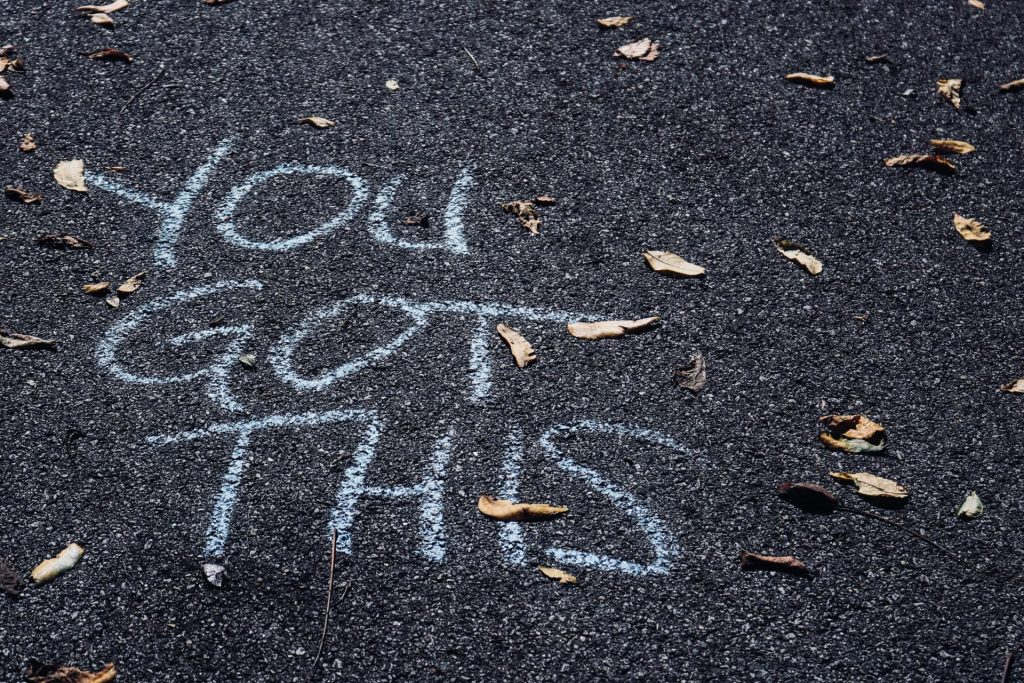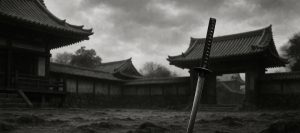When we think of courage, we often imagine dramatic acts—heroic decisions, physical challenges, or life-changing moments. But most real courage is quieter. It happens internally, often unnoticed by others, in small choices that shape our confidence and character over time.
The courage no one sees
Invisible courage is the kind you practice on ordinary days. It doesn’t announce itself. It doesn’t come with applause. Yet it matters just as much as the big moments—because it builds the foundation for resilience, confidence, and inner strength.
Martial arts teaches that you train your mind like a warrior not only in crises, but in the subtle, everyday interactions where your future self is forged. These are the moments when courage moves silently, but powerfully.
1. Getting out of bed when you feel overwhelmed
The first courageous act of the day is often simply beginning. When anxiety, fatigue, or stress weigh you down, choosing to rise is an act of defiance—and strength. You don’t conquer the whole day; you conquer the first moment.
2. Speaking up when your voice shakes
Sharing your thoughts in a meeting, asking a question, offering an opinion—these small risks require bravery. You expose yourself to judgment, but you act anyway. That’s courage on a micro-scale with macro impact.
3. Saying “no” when it would be easier to say “yes”
Setting boundaries is one of the hardest forms of daily courage. It requires self-respect, clarity, and the willingness to disappoint others to stay true to yourself.
4. Admitting when you don’t know something
In a world obsessed with certainty, saying “I don’t know” takes bravery. It invites learning. It invites humility. It opens the door to real growth.
5. Choosing patience instead of reacting emotionally
Delaying an angry response. Taking a breath before answering. Letting a frustrating moment pass. This kind of restraint isn’t passive—it’s disciplined courage. You choose clarity over impulse.
6. Taking the first step toward something new
Starting a project, making a plan, signing up for a class, writing the first sentence—beginnings are vulnerable. Courage is in initiating something without knowing where it will lead.
7. Facing a difficult truth about yourself
Self-honesty is one of the purest forms of bravery. Acknowledging your own patterns, habits, or emotional triggers requires the courage to see clearly without defensiveness. This is inner shadow work at its finest.
8. Asking for help when you’re struggling
Reaching out—whether emotionally, mentally, or practically—is often far harder than struggling alone. This form of courage recognizes that vulnerability is not weakness, but connection.
9. Ending the day with reflection instead of distraction
It’s easy to numb your mind at the end of a long day. It’s harder to sit with your thoughts, review your actions, and face your feelings. Reflection requires quiet bravery—the courage to meet yourself honestly.
NEW! Put the principles from this article into practice with the free courage-boosting MaArtial app on the App Store for iOs and Play Store for Android.
Invisible courage, visible impact
These moments may not look heroic from the outside, but they are the foundation of real strength. Every quiet act of courage reshapes your inner world. Every small decision builds a pattern of resilience.
Warriors, philosophers, and martial artists understood that bravery begins in the mundane. When you practice courage in simple moments, you build a mindset that stays steady in difficult ones.
In the martial approach, courage isn’t a dramatic event—it’s a daily discipline. One subtle act at a time, you are training yourself to meet life with confidence, clarity, and calm capacity.
Invisible courage becomes visible in the person you become.












